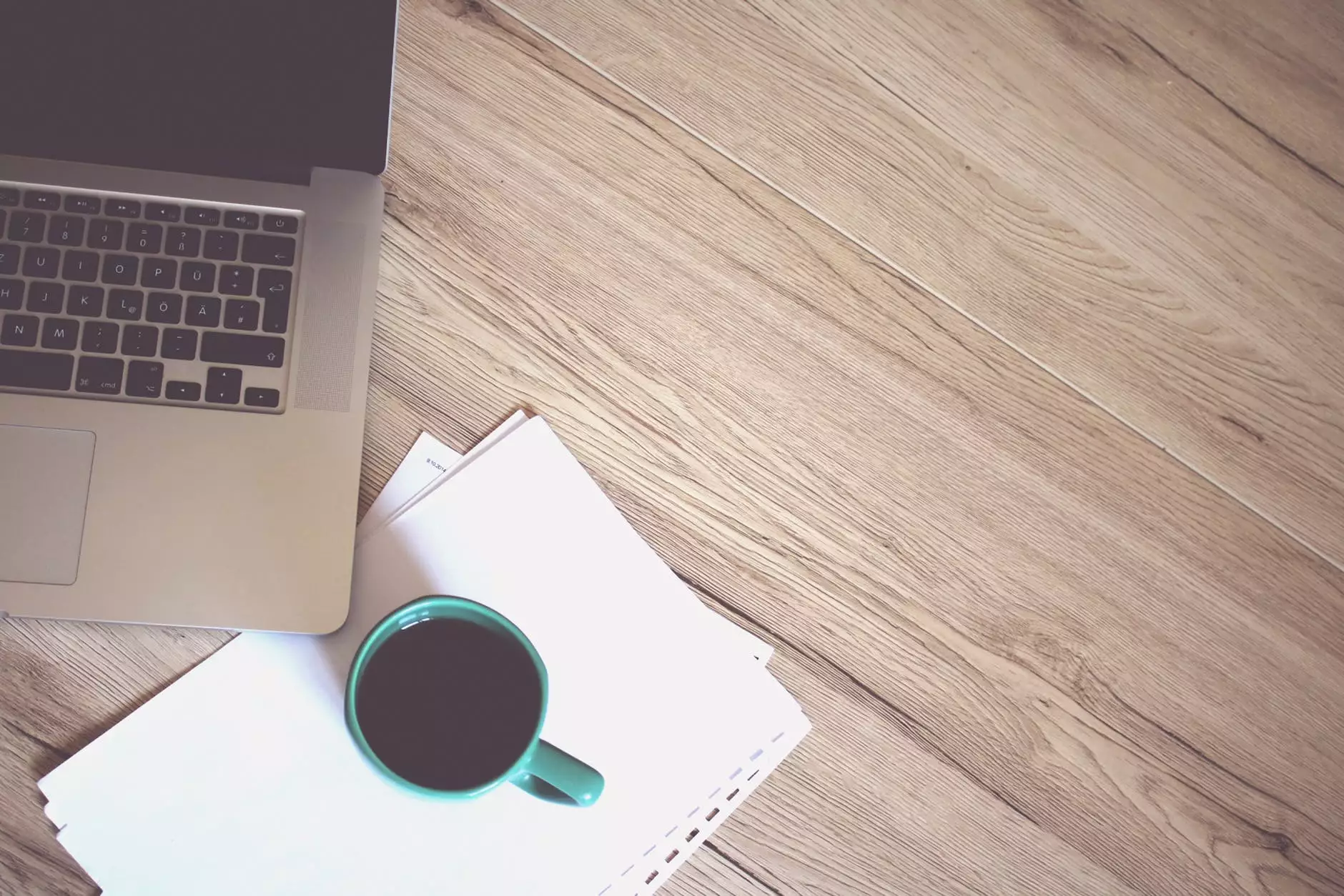The Comprehensive Guide to Foot Pain After a Marathon

Completing a marathon is a remarkable achievement that showcases an individual’s dedication, endurance, and strength. However, many runners often face a common issue following this grueling test of stamina: foot pain after a marathon. This article delves into the causes, effects, and potential remedies to help you understand and manage this prevalent concern.
Understanding the Causes of Foot Pain After a Marathon
Foot pain can result from numerous factors related to marathon running. Here’s a breakdown of the primary causes:
- Overuse Injuries: Extended periods of running can lead to microtrauma in the muscles and tendons of the foot, particularly in the arch and heel areas.
- Improper Footwear: Wearing shoes that are ill-fitting or inappropriate for your foot type can contribute significantly to discomfort. Runners should wear shoes that provide adequate support and cushioning.
- Changes in Running Surface: Switching from a cushioned track to a harder pavement can exacerbate foot problems. The impact on hard surfaces can increase stress on the feet.
- Running Technique: Incorrect running posture or technique can lead to undue stress on various parts of the foot, causing pain after long runs.
- Lack of Conditioning: Insufficient training or abrupt increases in mileage can lead to injuries, particularly if the body has not adequately acclimatized to the distances being run.
Common Types of Foot Pain Experienced After a Marathon
Runners may experience various types of foot pain following a marathon. Understanding these can help in identifying appropriate remedies:
- Plantar Fasciitis: Inflammation of the plantar fascia, the tissue that runs along the bottom of the foot, leading to heel pain.
- Achilles Tendinitis: Pain along the Achilles tendon which can occur from repetitive strain during the marathon.
- Metatarsalgia: Pain in the ball of the foot, often exacerbated by improper footwear and impact during the run.
- Stress Fractures: Tiny cracks in the bones of the foot, often caused by overuse, which can result in sharp pain.
- Bunions: Bony protrusions at the joints of the big toe, which can become inflamed and painful during and after running.
How to Prevent Foot Pain After a Marathon
Prevention is key when dealing with foot pain after a marathon. Here are some effective strategies:
- Choose the Right Shoes: Invest in high-quality running shoes suited to your foot type. Visiting a specialty running store can help you find the perfect fit.
- Gradual Increase in Mileage: Follow a structured training plan that emphasizes gradual increases in distance to allow your body time to adapt.
- Incorporate Stretching and Strengthening: Regularly stretch your calves, hamstrings, and feet. Strengthening exercises can also improve stability.
- Cross-Training: Engage in low-impact exercises, such as swimming or cycling, to improve overall fitness without putting excessive strain on your feet.
- Pay Attention to Hydration and Nutrition: Adequate hydration and proper nutrition are essential for recovery and overall joint and tissue health.
Post-Marathon Care: What to Do When Experiencing Foot Pain
If you find yourself dealing with foot pain after a marathon, it’s essential to take appropriate steps for recovery:
- Rest and Ice: Allow your feet to recover by taking adequate rest. Ice the affected areas for 15-20 minutes every couple of hours to reduce swelling and pain.
- Compression and Elevation: Use compression socks and elevate your feet to further reduce swelling and promote blood flow.
- Consider Over-the-Counter Pain Relief: Nonsteroidal anti-inflammatory drugs (NSAIDs) can alleviate pain and inflammation. Always consult with a healthcare professional if unsure.
- Gentle Massage and Foot Care: Use a foam roller or a tennis ball to massage the feet gently. This can help relieve tension in the muscles.
- Seek Professional Help: If the pain persists beyond a few days or worsens, consult a podiatrist to rule out serious injuries and provide tailored treatment.
Rehabilitation and Recovery for Runners
Effective rehabilitation is crucial for a complete recovery. Here are some approaches to recovery:
- Physical Therapy: A physical therapist can design a recovery regimen targeting weaknesses in muscle groups and overall biomechanics.
- Massage Therapy: Professional massage can relieve muscle tightness and promote circulation, aiding recovery.
- Gradual Return to Running: Implement a walk/run strategy when resuming running, gradually increasing back to your regular pace and distance.
- Use of Orthotics: Custom or over-the-counter orthotic devices can provide additional support and alleviate pain.
- Foam Rolling and Stretching: Continue to incorporate stretching and foam rolling post-race to keep your muscles flexible and healthy.
Final Thoughts: Embracing the Journey of Healing
Foot pain after a marathon is a common hurdle faced by many runners. By understanding its causes and implementing preventive measures, you can effectively manage your pain, ensuring your return to running with minimal disruption. Always prioritize your health by listening to your body and seeking professional guidance when necessary.
At The Foot Practice, we are dedicated to providing you with expert advice on managing foot pain and improving your foot care practices. Our team of experienced podiatrists is here to help you every step of the way. Remember, a healthy foot is fundamental to continued success in your running journey.



